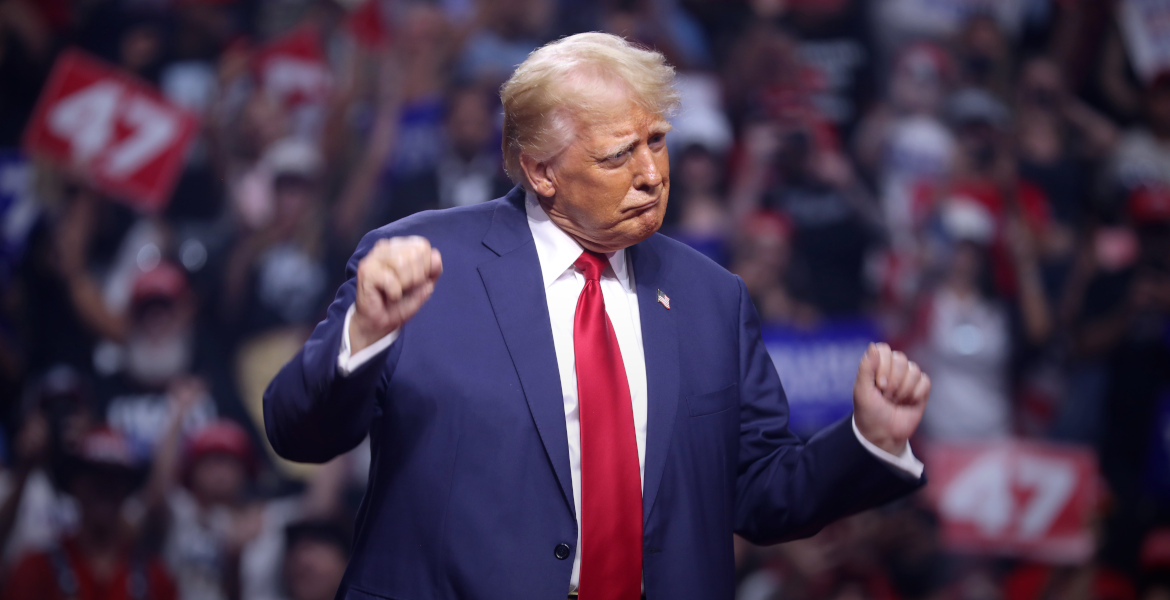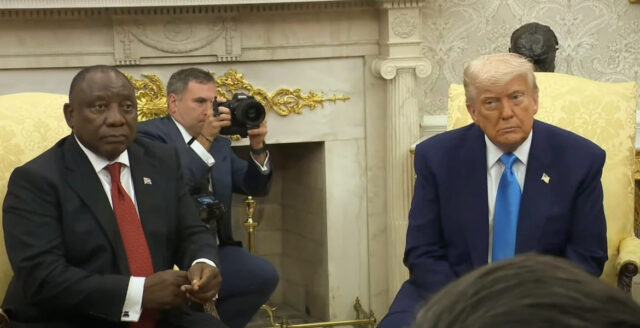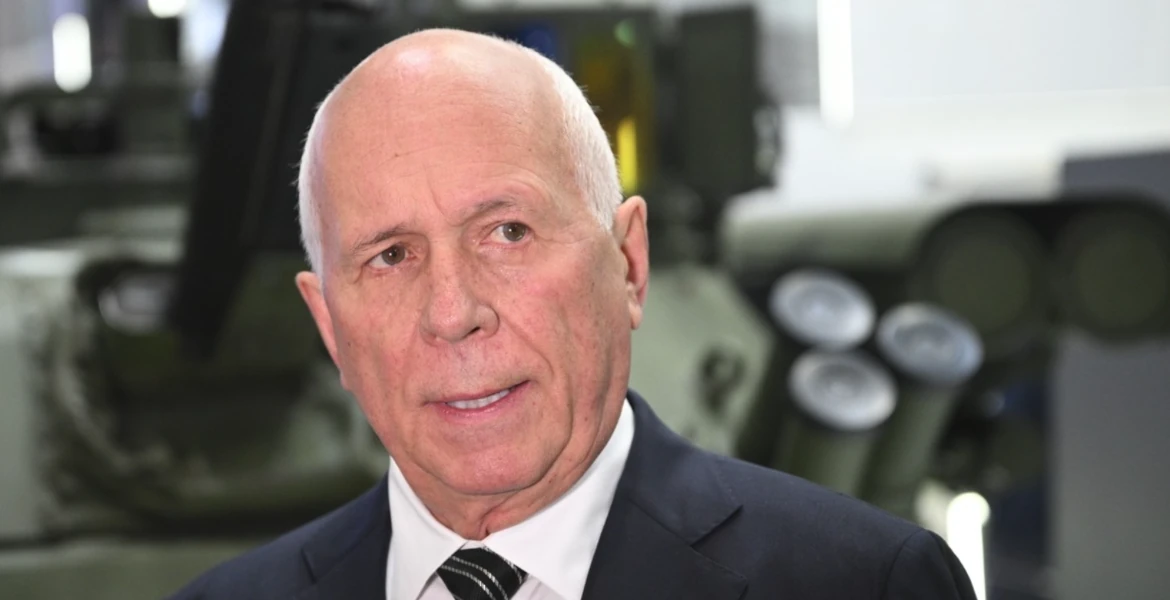Ukrainian crypto investor and influencer Konstantin Galich was found dead in Kyiv over the weekend, and police are investigating the incident as a possible suicide. The death comes in the wake of a sharp downturn in the cryptocurrency market.
On October 11, the body of 32-year-old Konstantin Galich, known as crypto influencer Kostya Kudo, was found in his car in Kyiv's Obolonskyi district. A gunshot wound to the head was confirmed, and a registered weapon was found beside him.
A police investigation is underway and the incident is being investigated as a possible suicide, reports The Economic Times.
According to reports, Konstantin Galich had suffered significant financial losses during one of the cryptocurrency market's largest crashes.
Over $19 billion in leveraged positions were liquidated globally within 24 hours, creating widespread uncertainty among investors.
Ukrainian Crypto Influencer Konstantin Galich Dies by Suicide After Market Crash
The last Instagram video of Ukrainian crypto entrepreneur Konstantyn Hanin (Kudo) before his death.
Just a reminder - your life is the highest value. No money, profit, or loss is ever worth it pic.twitter.com/qrhPMbD01q
— Sumit (@SumitHansd) October 11, 2025
Farewell messages
Local Ukrainian news channels have reported that Galich showed signs of financial difficulties and that he published farewell messages shortly before his death.
Konstantin Galich was a well-known market analyst and educator in cryptocurrency trading. Through his Telegram and YouTube channels, he shared insights on blockchain technology and trading strategies, which made him popular among his followers.
His death has sparked widespread grief and reflections on mental health within the crypto community.
Ukrainian authorities are now investigating the circumstances surrounding the death and awaiting results from autopsy and technical examinations to determine the cause of death and circumstances.
Police are not currently ruling out foul play.





